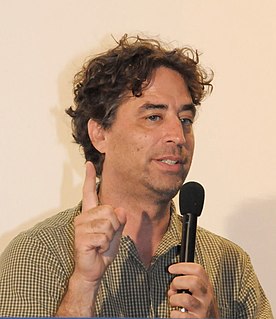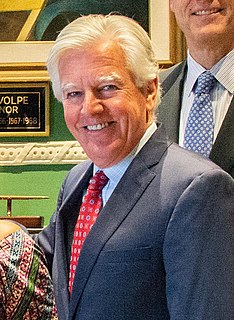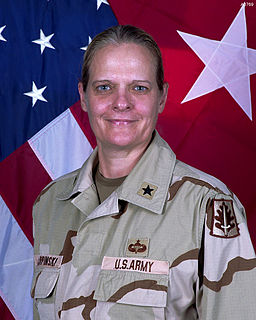A Quote by Michael Hardt
In the United States, rising esteem for the military in uniform corresponds to the growing militarization of the society as a whole. All of this despite repeated revelations of the illegality and immorality of the military's own incarceration systems, from Guantanamo to Abu Ghraib, whose systematic practices border on if not actually constitute torture.
Related Quotes
I did a piece where I was talking about torture at Abu Ghraib, and I embroidered my hand with the image of the hooded Abu Ghraib prisoners who'd been tortured using a needle and thread. I know that meeting a Holocaust survivor when I was eight and seeing the tattoo on her arm from her time in the camps influenced my piece about Abu Ghraib.
It is important for me, as a popular artist, to make clear to the governments of the United States and Mexico that despite the strategy of fear and intimidation to foreigners, despite their weapons, despite their immigration laws and military reserves, they will never be able to isolate the Zapatista communities from the people in the United States.
There had been a free and open election in Haiti in the early 1990s and president Jean-Bertrand Aristide won, a populist priest. A few months later came the expected military coup - a very vicious military junta took over, of which the United States was passively supportive. Not openly, of course, but Haitians started to flee from the terror and were sent back and on towards Guantanamo Bay. Of course, that is against International Law. But the United States pretended that they were "economic refugees."






































